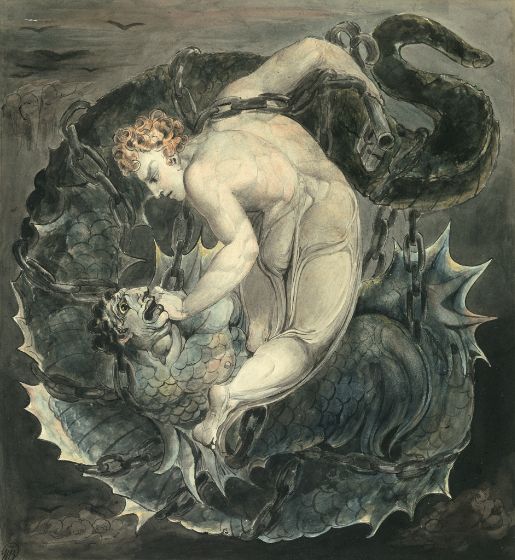The Incarnation means that God becomes not “humanity,” but this man, Christ, born of a woman, in a definite time and place. “Humanity” is an abstraction from an abstraction – Socrates-man-humanity. Humanity is not “born”; it is a mental form, valid for what it is. Humanity includes all men in one concept without necessarily identifying any individual person. Marx called it “the species-man.” Weiss was correct in thinking that these two understandings are opposed to each other.
The understanding of man that flows from the Incarnation knows that what it is to be man is a given. “Politics does not make man to be man,” Aristotle rightly said, “but taking him from nature as already man, makes him to be good man.” Some minds refuse to understand man as “already man” without their input. This “no given nature” becomes the modern presupposition of liberty – nothing there but what I will. In other words, what it is to be man is not taken as a given. Indeed, the idea, that what it is to be man is a given, is conceived to be a threat against “humanity.” Why is this?
I write in the light of recent Supreme Court decisions which, at bottom, are motivated by this “will” to make man, by positive law, something other than he is by nature. The “mind” of the justices may, at first sight, seem to be their own. But they further a “will” that they do not acknowledge. This will is connected to an intelligence that “knows” what it does, an intelligence that hates man as given. The modern mind is in position to do this refashioning of man both because of modern thought and modern technology.

Weiss’s wording was perceptive. This modern “will” demands “the complete essence of humanity.” That is, it does not allow any possibility for an understanding of what man is other than its own willed formulation of it. It wants to remove not only the idea that a proper and superior understanding of what man is exists, but it seeks to forbid any speaking of this alternative.
The “hate speech” that we see increasingly applied with regard to the content of revelation is no accident. The “complete essence of humanity” allows no alternative to its own agenda. It insists on producing a mankind closed to any signs of Incarnation that might lead us to a proper understanding of man.
In his new book, On the God of Christians (and on one or two others), the French philosopher Rémi Brague writes: “What is personal in us sins by rejecting living out of personal liberty and by seeking to possess what in us is natural.” It strikes me that this “to seek to possess in us what is natural” is Weiss’ concern about the will to define and thus to control the “essence of humanity.” Our political classes see themselves as free to recreate man over against what he is because no understanding of man is admitted except as a vague concept whose content needs to be filled in by man, not discovered from nature as already given.
This “will” that “grows” to create a better humanity than the one given in nature and confirmed by the Incarnation must logically seek, step by step, to affirm as “good” each act and way of life that was seen to be bad in nature. Thus, the content of the new humanity does not really come from man but from its opposition to whoever it was that formulated what it is to be man in the first place.
The “heavy paradox” of the Incarnation is indeed a “burden” that the new humanity bears since it can never really deal with ordinary human beings and their transcendent destiny but only, beginning with love and the family, recast them in forms that are directly opposed to that incarnate being in which along man’s ultimate good can be found.















